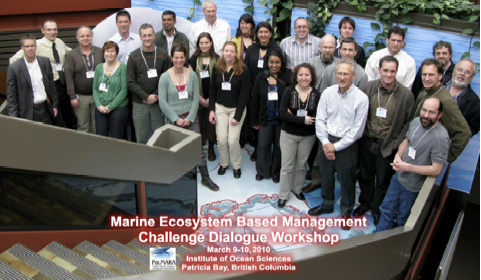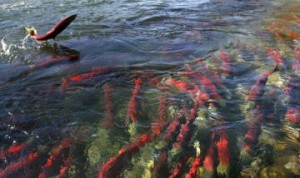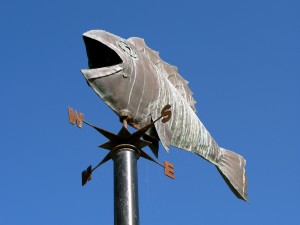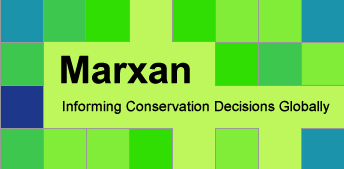
Job Opportunities – Data Products Manager and Executive Director

The Gulf of Maine Research Institute is looking for an Ocean Data Products (GoMOOS) Manager
The Gulf of Maine Research Institute (GMRI) recently merged with the Gulf of Maine Ocean Observing System and is searching for a Program Manager to lead GMRI’s Ocean Data Products team. This manager will be responsible for articulating a vision for the group, seeking meaningful project work from government and industry, program management, community and stakeholder engagement, and leading several software and product developers. For full details on the position and application information, please visit www.gmri.org/about/jobs.asp or check out the attached job description. This is an extraordinary opportunity for an entrepreneurial soul to build on GoMOOS’s history of collaboration and innovation to articulate and pursue a fresh ocean data/informatics vision.
The North Coast – Skeena First Nations Stewardship Society is looking for a new Executive Director
The North Coast – Skeena First Nations Stewardship Society is seeking an Executive Director to oversee the
administration and implementation of marine resource management and oceans planning initiatives that have been identified by multiple, local First Nation Governments.
Closing Date: November 10, 2010.
For more information, including a detailed job description please click here or contact Brenda J. Leighton.






